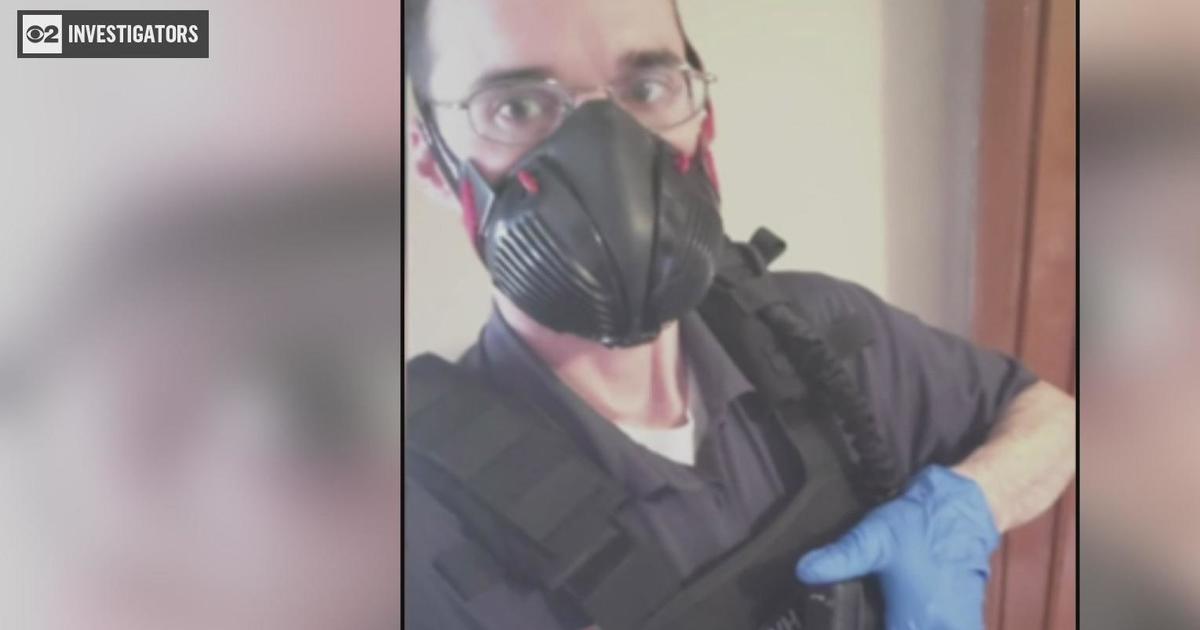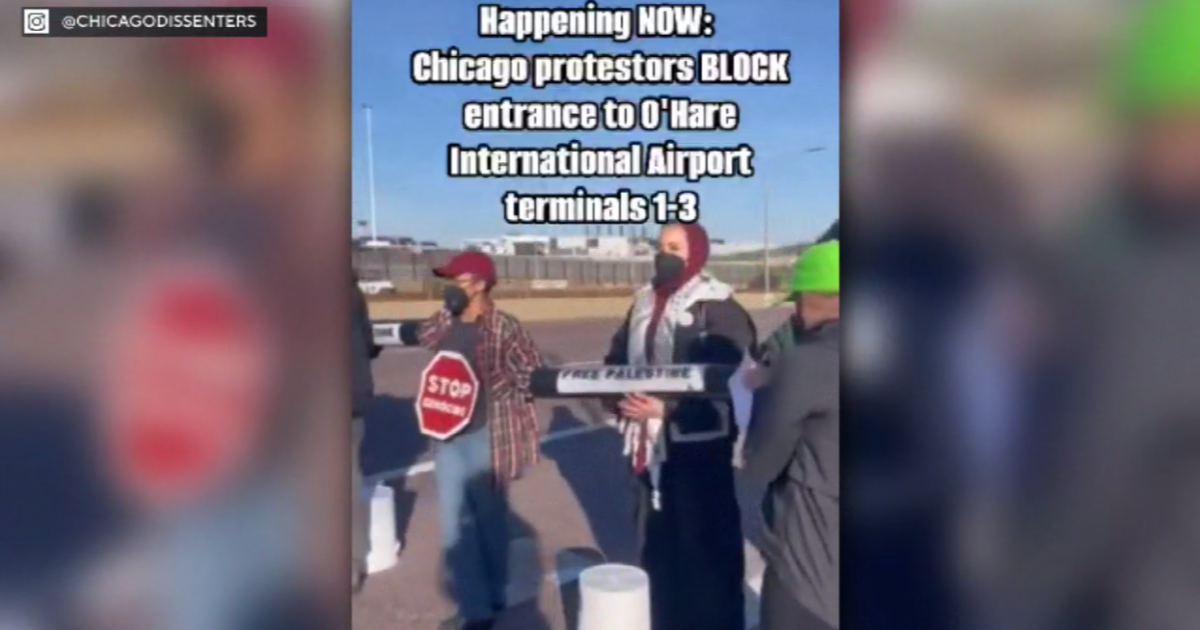Ill. Supreme Court: Inmates Can Keep Most Of Their Income From Prison Jobs
SPRINGFIELD (AP) – Inmates can keep large portions of income they earn while working jobs behind bars, the Illinois Supreme Court said in a ruling Thursday.
The decision blocks attempts by the Illinois prison system to confiscate all earnings as a way to pay for an inmate's incarceration. The high court said taking everything away is "absurd" and "unjust," though the state may take a percentage of prisoners' earnings and "assets" such as Social Security or pension benefits.
The state Department of Corrections had sued convicted murderer Kensley Hawkins for the estimated $455,000 cost of keeping him locked up in a Joliet prison from 1983 to 2005. Officials sought authority to take a good chunk of the $11,000 he had in a savings account after working as a furniture assembler.
Justice Rita Garman, writing for a unanimous court, decided that two state laws that seem to contradict each other allow Corrections to seek reimbursement for the cost of incarceration and may take a portion of prison wages to satisfy that cost -- in Hawkins' case, 3 percent, or $750.
But the law says the rest shall be deposited into inmates' bank accounts.
Any other interpretation is "absurd, unjust," and not what lawmakers intended, Garman wrote.
A prison system that takes away what inmates earn also takes away incentive to work and learn a marketable skill, Justice Lloyd Karmeier wrote in a special concurring opinion.
"Work may be its own reward for some, but probably not for most inmates in the Department of Corrections," Karmeier wrote. "Once inmates realized that the extra work necessary to generate savings would benefit only the Department of Corrections, not them, they would quickly reevaluate the utility of prison employment."
A Corrections Department spokeswoman did not immediately respond to requests for comment.
Robyn Ziegler, of Attorney General Lisa Madigan's staff, said the opinion "provides some much-needed clarity to the law and recognizes that the state can continue to recoup costs of incarceration under other circumstances."
Hawkins' lawyer, David Simonton, said the ruling proves "Illinois is serious in promoting the basic hope of its prison system -- namely, that once inmates are released they will not return to a life of crime."
"Working and saving pays off," Simonton said. "This is a necessary step to prevent inmates from immediately falling into poverty and homelessness and back into the cycle of crime."
Hawkins, convicted of murder, armed robbery and other crimes in Will County in 1982, is not scheduled for release until May 2028.
But studies show that inmates who work in vocational programs are 20 percent less likely to re-offend, according to the Institute for People with Criminal Records, a Colorado-based non-profit group, which filed a brief in the case.
It also pointed to a study that found that of more than 20,000 inmates released to Chicago communities in 2005, 1,200 of them wound up homeless.
Copyright 2011 The Associated Press. All rights reserved.



